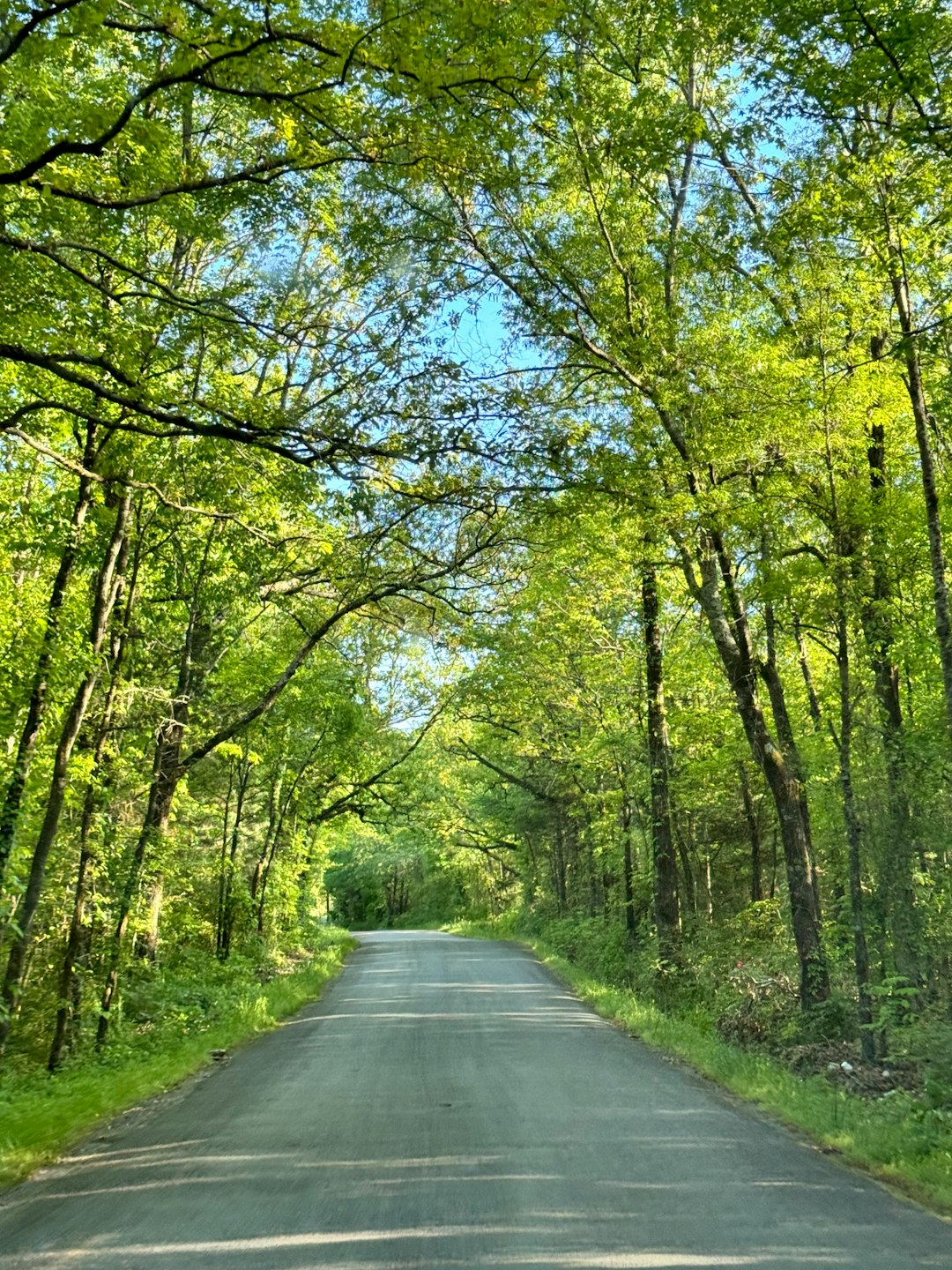Arkansas' Do Not Call laws aim to protect residents from unwanted phone solicitation, but small towns face challenges due to limited resources. To effectively manage these laws, local governments should prioritize resident education, collaborate with phone service providers, and enlist state consumer protection agencies. Balancing privacy and communication needs is crucial, as strict or poorly managed lists can disrupt local businesses, especially Arkansas law firms relying on phone calls. Community-led educational initiatives and technological advancements can empower residents, streamline list management, and foster open dialogue to strengthen Do Not Call enforcement, benefiting both residents' control over communications and supporting local businesses, including Do Not Call law firms in Arkansas.
In Arkansas, small towns grapple with effectively enforcing Do Not Call laws, a challenge that impacts both local businesses and residents. This article delves into the intricacies of these regulations, examining their effects on community dynamics. We explore strategies to enhance list accuracy and compliance, emphasizing the role of community engagement in fostering support for robust enforcement. By understanding the basic overview of Do Not Call laws and navigating the unique challenges faced by small towns, Arkansas communities can strive for better protection against unwanted calls. Discover actionable insights for improved management, especially targeting local businesses, from expert Do Not Call law firms in Arkansas.
Understanding Do Not Call Laws: A Basic Overview for Small Towns in Arkansas

In Arkansas, like many states, the Do Not Call laws are designed to protect residents from unwanted phone solicitation and marketing calls. These regulations can seem complex, but at their core, they aim to give individuals control over their phone communications. The key lies in understanding which calls are permissible and which ones must be blocked.
For small towns in Arkansas, enforcing these rules presents unique challenges. While larger cities often have dedicated departments or resources to handle consumer complaints, smaller communities might rely on a few key personnel. This means that local governments need to prioritize education and awareness among residents about their rights and responsibilities under the Do Not Call laws. Collaborating with local phone service providers and enlisting the help of state agencies specializing in consumer protection can also be effective strategies for ensuring these laws are fairly and consistently applied, even in smaller communities, without overwhelming local resources.
The Impact of Unenforced Do Not Call Lists on Local Businesses and Residents

In small towns, where everyone knows each other, the impact of Do Not Call lists is particularly nuanced. While well-intentioned, unenforced or poorly managed lists can significantly disrupt local businesses and residents. Many legitimate companies, especially law firms in Arkansas, rely on phone calls as a primary marketing tool, often targeting specific demographics within these communities. When their efforts are blocked by an overly restrictive list, it hinders their ability to connect with potential clients, leading to reduced services and revenue.
For residents, the unintended consequences include missing important alerts from local services like public safety updates or community event invitations. Small towns thrive on community engagement, and a rigid Do Not Call policy can isolate individuals who may not have chosen to opt-out of all calls, inadvertently silencing their voices in local discussions. This imbalance underscores the need for effective, community-driven solutions that balance privacy concerns with the vital communication needs of both businesses and residents.
Challenges Facing Small Town Enforcement of Do Not Call Regulations

Small towns in Arkansas, while charming and close-knit, often face unique challenges when it comes to enforcing do-not-call regulations. With limited resources and staff, local law enforcement agencies may struggle to keep up with the constant flux of telemarketing calls, especially from persistent or aggressive call centers. The sheer volume of such calls can overwhelm small town systems, making it difficult for authorities to effectively track and penalize violators.
Moreover, the nature of these regulations requires a delicate balance between protecting residents’ privacy and fostering business relationships. Small towns might find themselves caught in the middle, trying to satisfy both constituents who want protection from unwanted calls and local businesses that rely on telemarketing as a primary sales strategy. This dynamic necessitates creative solutions and increased public awareness to ensure the law is upheld without unduly burdening either side.
Strategies to Improve Do Not Call List Accuracy and Compliance in Arkansas Communities

To enhance the effectiveness of do not call list enforcement in small Arkansas communities, several strategies can be implemented to improve accuracy and compliance. Firstly, community-led initiatives can empower local residents by educating them on the importance of registering for do not call lists. Through workshops, informational sessions, or digital campaigns, folks can learn how their contact information contributes to reducing unwanted calls, especially from do not call law firms Arkansas. This awareness fosters a culture of responsible calling practices.
Additionally, integrating technology can significantly boost compliance. Implementing user-friendly online registration platforms or mobile apps allows residents to easily sign up for do not call lists. These tools can cross-reference and verify registered numbers, ensuring data accuracy. Regular updates on blocked calls and caller information can also empower communities to monitor and report any discrepancies, thereby refining the state’s overall do not call list management system.
Community Engagement: Building Support for Effective Do Not Call Enforcement in Small Towns

In small towns, where everyone knows each other, enforcing the Do Not Call laws can be a unique challenge. Community engagement is key to building support for effective enforcement. Locals need to understand the importance of respecting others’ privacy and reducing unwanted telemarketing calls. Educational campaigns, led by local authorities or community leaders, can play a crucial role in raising awareness about the law and its benefits. By organizing town hall meetings, distributing informational materials, and leveraging social media platforms, residents can learn how to register their numbers and what actions they can take if they receive unwanted calls.
Engaging the community also involves fostering open dialogue between residents, local businesses, and Do Not Call law firms in Arkansas. Collaborative efforts can help identify loopholes or unique issues faced by small towns. Regular check-ins with local phone service providers can ensure that the latest technologies for blocking nuisance calls are being utilized. Through these collective actions, small towns can create a supportive environment that strengthens Do Not Call enforcement, ultimately providing residents with greater control over their communication preferences and peace of mind.






